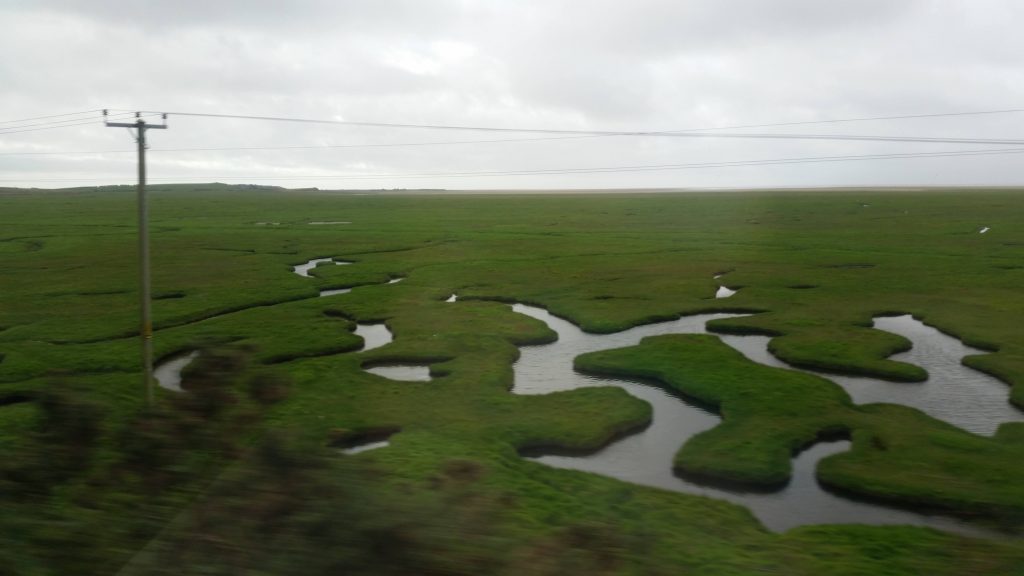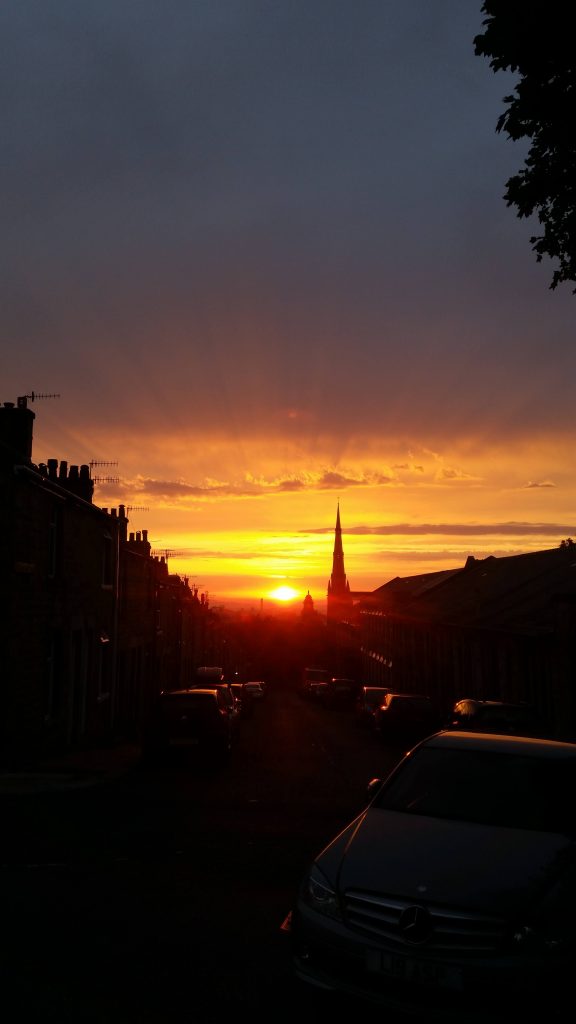Author: Neil Mather
Happy to be in the process of moving my personal sites to a server at GreenHost. I used to be on cloudvault.me which was excellent but disappeared about 3 months ago… I chucked everything over to Digital Ocean to get it back up again. But keen to get off.
GreenHost has stellar environmental and ethical creds, and really not that far off the cost of a basic DO droplet.
Salman Ansari has a nice video here discussing a couple of things he’s been pondering about his digital garden.
I like his use case of pulling his newsletter back in to his garden. I do the same with my microblog stream. I think it makes perfect sense to do this – gardens are where we cultivate our thoughts over time, but streams are a great (the best?) source for the seeds for the garden.
He also talks about pulling his notes back in to his main homepage. I’ve been thinking about this too. I have two separate sites at the moment, https://doubleloop.net and https://commonplace.doubleloop.net, that look kind of different and feel a bit disparate. It’s not that big of a deal. They are different rooms in my home on the web, so they don’t need to look identical – but it might make sense for people to find them both via the same front door and hallway…
This is a good article on digital gardens in the MIT Technology Review.
Here’s a nice quote:
“Gardens … lie between farmland and wilderness,” he wrote. “The garden is farmland that delights the senses, designed for delight rather than commodity.”
As strypey points out though… the article is basically describing personal websites.
My personal site is a repository for my memories, experiences, feelings, recipes, tips, photos, and more. […] it is an ever-growing extension of myself that I have total control over, my mirror and memory aid. I want to be able to look back at this when I’m eighty and thank my past self for surfacing things that I otherwise would have forgotten.
Hmm, reading this and also Amy Hoy’s post recently (How the Blog Broke the Web) is making me think a bit different about how I refer to my site(s). Think I’ll think of it a bit more as having a personal site, rather than framing it as I have a ‘blog’ or a ‘wiki’. Both of which are great technologies, but I want to be a little bit freer about how I think about what my home on the web is and how I structure it.


